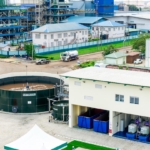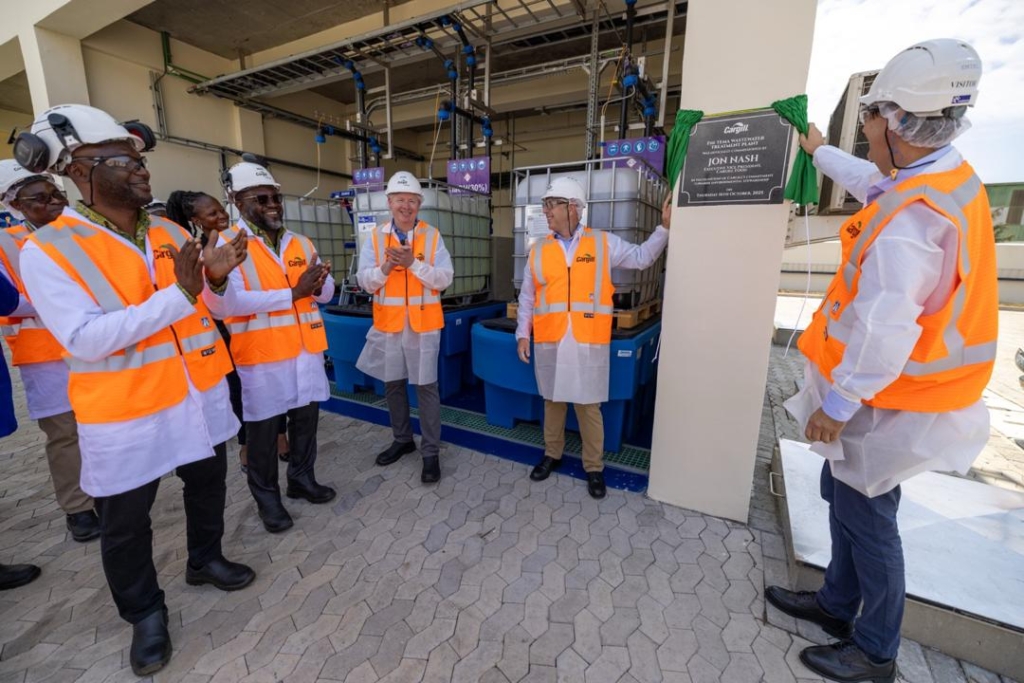
Cargill Ghana has unveiled a $2.5 million wastewater treatment plant at its thermal facility to enhance sustainable water management and improve operational efficiency.
The newly unveiled facility is expected to enhance water recycling and promote responsible and efficient resource utilization in line with the company’s global environmental objectives.
Over the years, Cargill Ghana, a leader in global agribusiness, has been applauded for its sustainability and industry practices in promoting green and responsible industrialisation.
The facility, with a treatment capacity of 150 cubic metres per day, is expected to boost operational efficiency and reduce environmental impact.
The wastewater treatment plant is designed to treat, recycle and reuse water within the production process, minimising waste and reducing reliance on municipal water supplies.
The managing director of Cargill Ghana, Max Essoh Latte, reaffirms the company’s long-term leadership and commitment to environmental sustainability and also ensuring efficiency in its operations.

“Behind our operation, we wanted to have an impact, you know, in our community, do the right thing for our people and also the community where we operate. This was the vision that really drove us to build this new wastewater treatment plant.”
The director of plant operations of Cargill Ghana, Richard Adjei, noted that at a time when water resources are under pressure, integrating the water treatment plant is not only protecting the environment but also ensuring responsible water use as a critical tool to environmental preservation.
“Our process uses a lot of steam and in generating steam, we have to allow exhaust air out. If you look around in a lot of industries, what you see is black smoke. You can look at our chimney and not see any smoke because we’ve invested in filtering the air to make sure that the surroundings are also clean, clean air for everybody.”
Cargill Ghana has, over the years, contributed to the country’s agro-processing sector, supporting cocoa farmers, providing employment and implementing several community development initiatives in areas of education, health, and the environment.